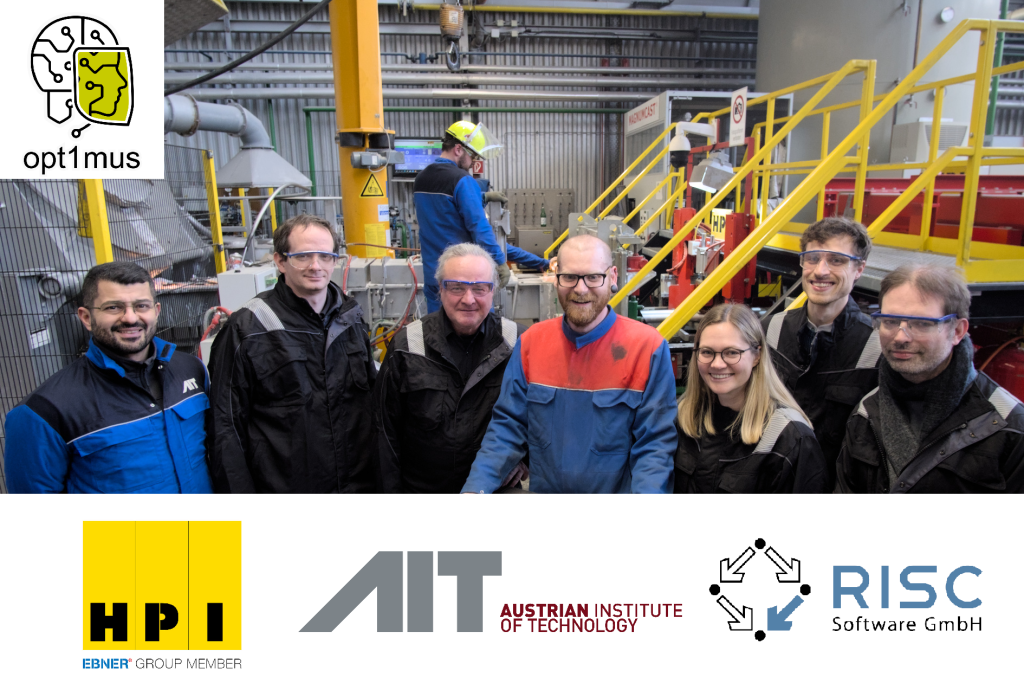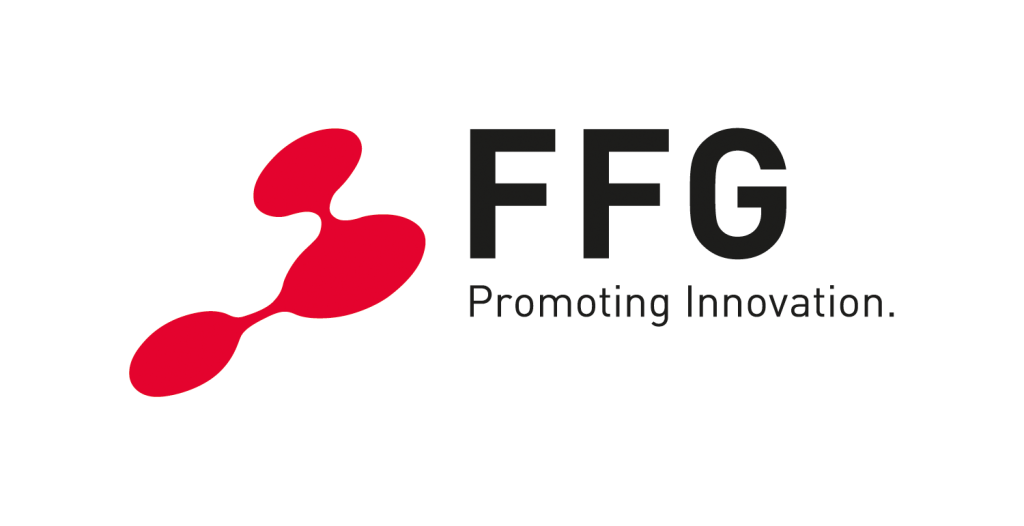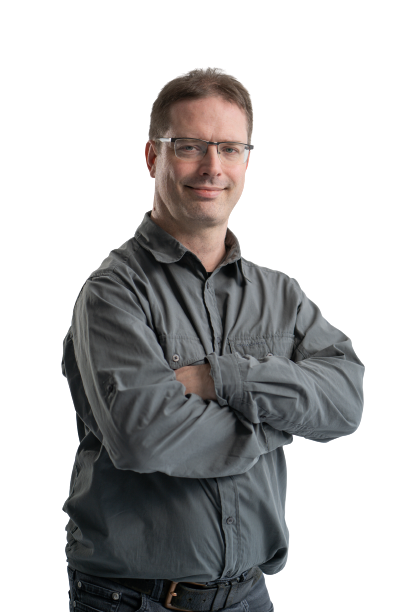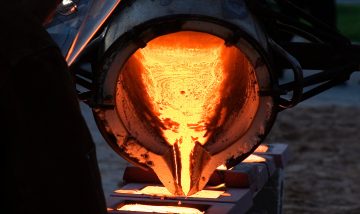Project opt1mus
The opt1mus project is developing a holistic system for the light metals industry that will use digital twins and artificial intelligence to make production more efficient and lower emissions.
Aluminum and other light metals make an indispensable contribution to achieving climate targets by 2050 as components of lightweight yet robust vehicle components. At the same time, their production and processing involves energy-intensive processes. However, their energy efficiency can be greatly improved by establishing cyber physical systems (CPS). Until now, many years of experience and resource-intensive experiments have been required to find the right process parameters for manufacturing high-quality components. These trials can be performed virtually using digital twins of production equipment. This saves time, energy and avoids hazardous working conditions when testing new alloys or developing new processes. Another advantage is offered by digital twins in combination with measurements during operation, profound correlations can be captured faster and more accurately. This artificial intelligence can predict live how the digital twin of a process will evolve and make suggestions to users on how to optimize parameters. Humans, on the other hand, need many years to build up comparable process knowledge.
Today, these new methods for digitization are meeting the increased need to make our production patterns more sustainable. However, despite the capabilities available to create digital twins, the light metals industry still lacks holistic systems. This is due to software companies tailoring the functionality of their commercially available systems to established processes with maximum revenue, such as the steel industry. The need for digital assistance systems also exists for processes outside the steel industry. Therefore, a flexible system is needed that can be adapted for innovative processes and new alloys that advance the state of the art. At the same time, such digital assistance systems must be tailored to the needs of the operators in order to lead to a real improvement in the processes.This is the aim of the opt1mus project.
The consortium is incorporating all the necessary aspects into the development of a human-friendly CPS using the example of horizontal continuous aluminum casting:
- Due to the special physical conditions, specially developed models are required to accurately predict the material quality in simulations. This is ensured by the LKR as a non-university research institution with over 25 years of experience across the entire process chain from alloy development to casting and forming processes, including accompanying simulations. This is complemented by 20 years of experience in the construction of continuous casting plants on the part of the company partner HPI High Performance Industrietechnik GmbH.
- At the same time, human-machine interfaces (HMI) are needed to provide operators with the necessary support during casting. This is being developed by AIT’s Center for Technology Experience in the course of a user-centered design process together with users.
- In order to provide well-founded support for the complex decision-making process in the daily work of casters, RISC Software GmbH, as a research institute for big data, artificial intelligence and machine learning, is entrusted with the development of an advisor system.
Especially for the industrial location of (Upper) Austria, the development of a flexible cyber physical system is critical to ensure the digitalization of all production processes of supplier companies. For this purpose, the CPS developed in the opt1mus project will be made freely available to all as open-source software and deliberate attention will be paid to the possibility of adaptation for processes other than continuous casting. This ensures the reduction of scrap and associated CO₂ emissions, while at the same time achieving greater resilience to resource scarcity at the highest quality in a reproducible manner. This significantly strengthens innovations of Austrian plant engineers and producers and sustainably creates people-friendly work through digital assistance.

This work was funded by the FFG (Austrian Research Promotion Agency) under the grant 899054 (opt1mus).

Project Details
- Project short titlel: opt1mus
- Project long title: Open Process Twin Minding the User 1st
- Funding call: FFG, Produktion und Material 2022
- Projekt partners:
- LKR Leichtmetallkompetenzzentrum Ranshofen (Konsortialführung)
- HPI High Performance Industrietechnik GmbH
- AIT/Center for Technology Experience
- RISC Software GmbH (Unit Data Intelligence)
- Budget volume (total): 1,2 Mio. Euro
- thereof funding volume (total): 916.000 Euro
- Duration: 36 Monate (01.03.2023 – 28.02.2026)
Contact
Project management

DI Paul Heinzlreiter
Senior Data Engineer





